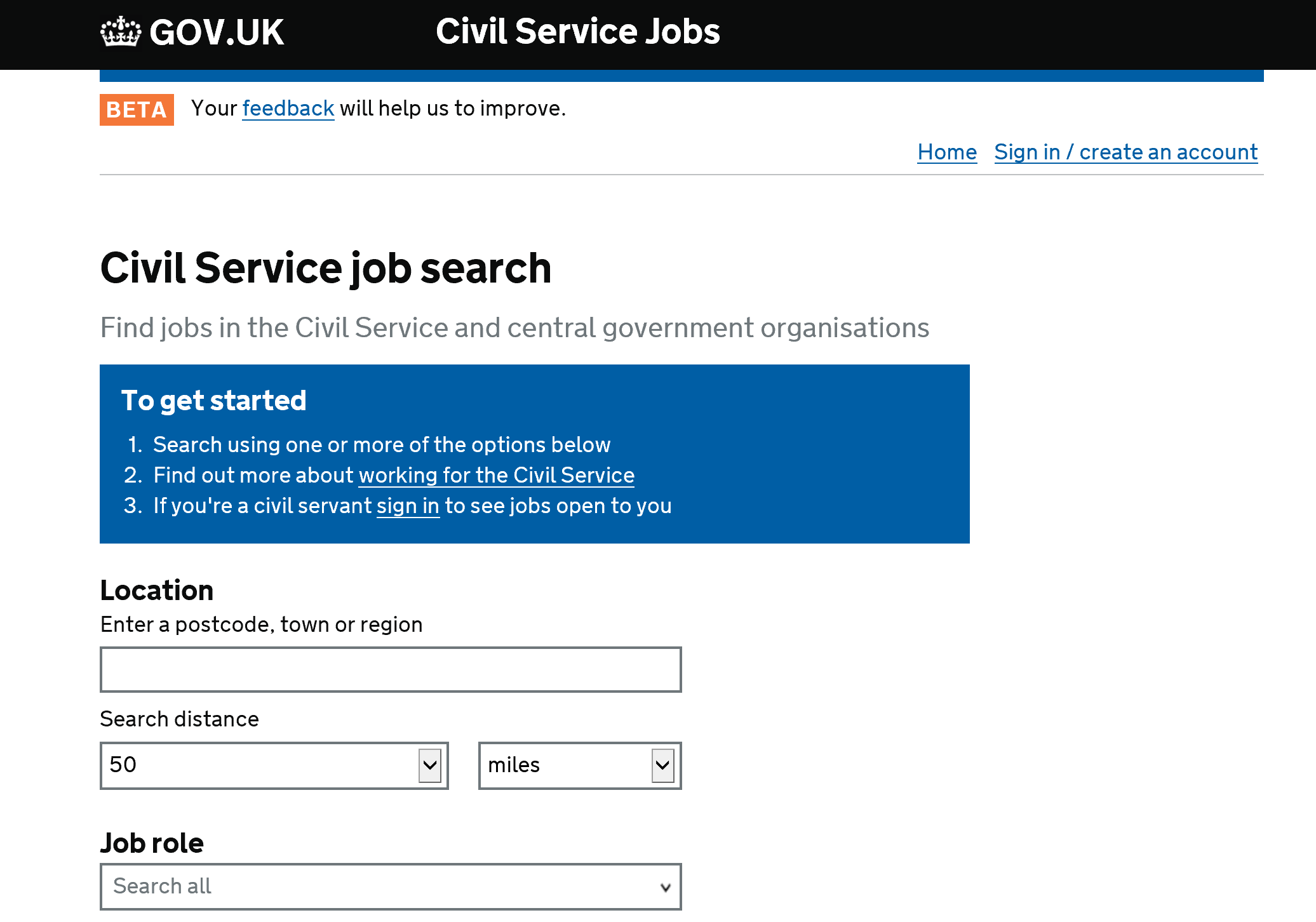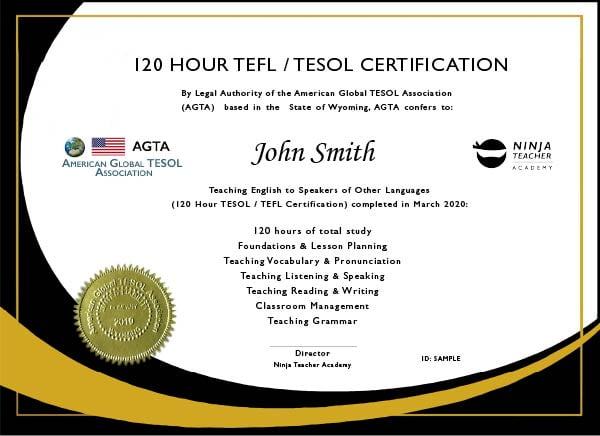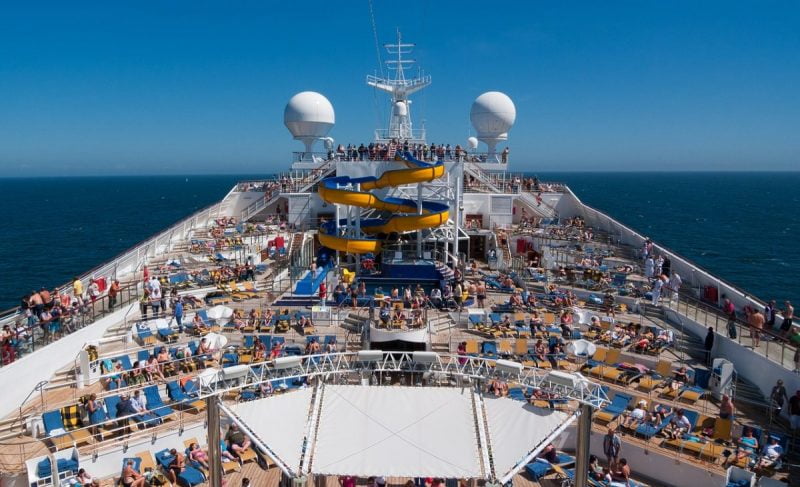
Your RV power converter might not be something you think about much, but it’s an essential part of keeping everything in your RV running.
If you want to be able to use all the electrical appliances and devices onboard, you’ll need to make sure you have a suitable converter installed. There are some important things to consider before you purchase a new power converter for your RV.
Keep these tips in mind before you buy one to make sure you get the best one possible.

How RV Converters Work
RV converters transform the alternating current (AC) power from a typical public electrical grid or campground power source to the direct current (DC) power of your battery. Many RVs require both types of power to run everything on board. Larger appliances tend to need DC power, while smaller ones will require AC. Some converters will also store AC power for anything that runs on that type of electricity instead. It’s important to have a good converter to make sure everything in your RV is running at peak efficiency.
The Type of Converter You Need
There are two types of converters: High output converters and smart converters. Selecting which one is best for you depends on what you need out of it. When deciding between these two types of power converters, consider what kind of appliances and devices you have in your RV. You should also consider the overall size of your RV as larger ones will require more amps to keep everything running.
High Output Converter
These are the best choice if you have a lot of large appliances that require large amounts of power to run. If you have a refrigerator, freezer, microwave, air conditioner, or television, you’ll be consuming significant amounts of electricity, so a high output converter is a necessity. If you have a larger RV, you’ll probably want one of these.
Smart Converter
Also known as a multistage converter, these will power your battery in stages to avoid overcharging it. This is better when you have smaller appliances or sensitive electronic devices that could be damaged if too much power is supplied to them. Things like laptops, smartphones, lights, fans, or pumps would benefit from a smart converter. Smaller RVs can easily run comfortably with this type.

How Much Power Your RV Requires
Calculate the amount of power your RV will need by determining how many amps your appliances and devices require to run. You can do this by checking the sticker or small metal plate on them. To find the amperage they’ll need, divide the watts by volts (W/V=A). Don’t forget to add the number of amps your battery requires, too.
Price of the Converter
Compare first the prices of potential choices to get a rough idea about how much the average one costs. If you are willing to spend more, you can get a higher quality converter with better features. There are also cheaper ones, but they are usually less reliable and have more downsides. Things like weight, fan noise, wiring, and additional safety options might not be available on these cheaper options.
READ: Take 5 – Some great Christmas gift ideas for travelers
How Easy It Is To Install
You don’t want to buy a converter that has a complicated installation process. Consult the manufacturer’s instructions to determine how difficult connecting it to your RV will be. If it has a built-in cooling system, you’ll need to make sure you can install it somewhere that won’t obstruct the airflow. Check to see if you can hook up the wiring in series or parallel. Depending on how your RV is set up, you might require the wiring to be one or the other, and not all converters can be connected using both methods.
Size and Safety Features
Although most converters are relatively small, the exact size and weight can vary. If you have limited space, you’ll need to measure it to make sure the one you buy can fit. It’s also important that any converter you choose to have safety features to protect your RV from shocks or fires. At the very least, it should have thermal and overheating safeguards. If you can find one that also offers protection from overloading or polarity reversal, that would be even better.
Keep these tips in mind when buying your RV converter to get the best one possible for your needs. You want to be able to spend your time enjoying everything your RV has to offer, not constantly troubleshooting power and electrical issues that could arise due to a substandard converter. Once you’ve found the right option, it won’t be long before you’re on your way to getting the most out of the RV lifestyle.
















